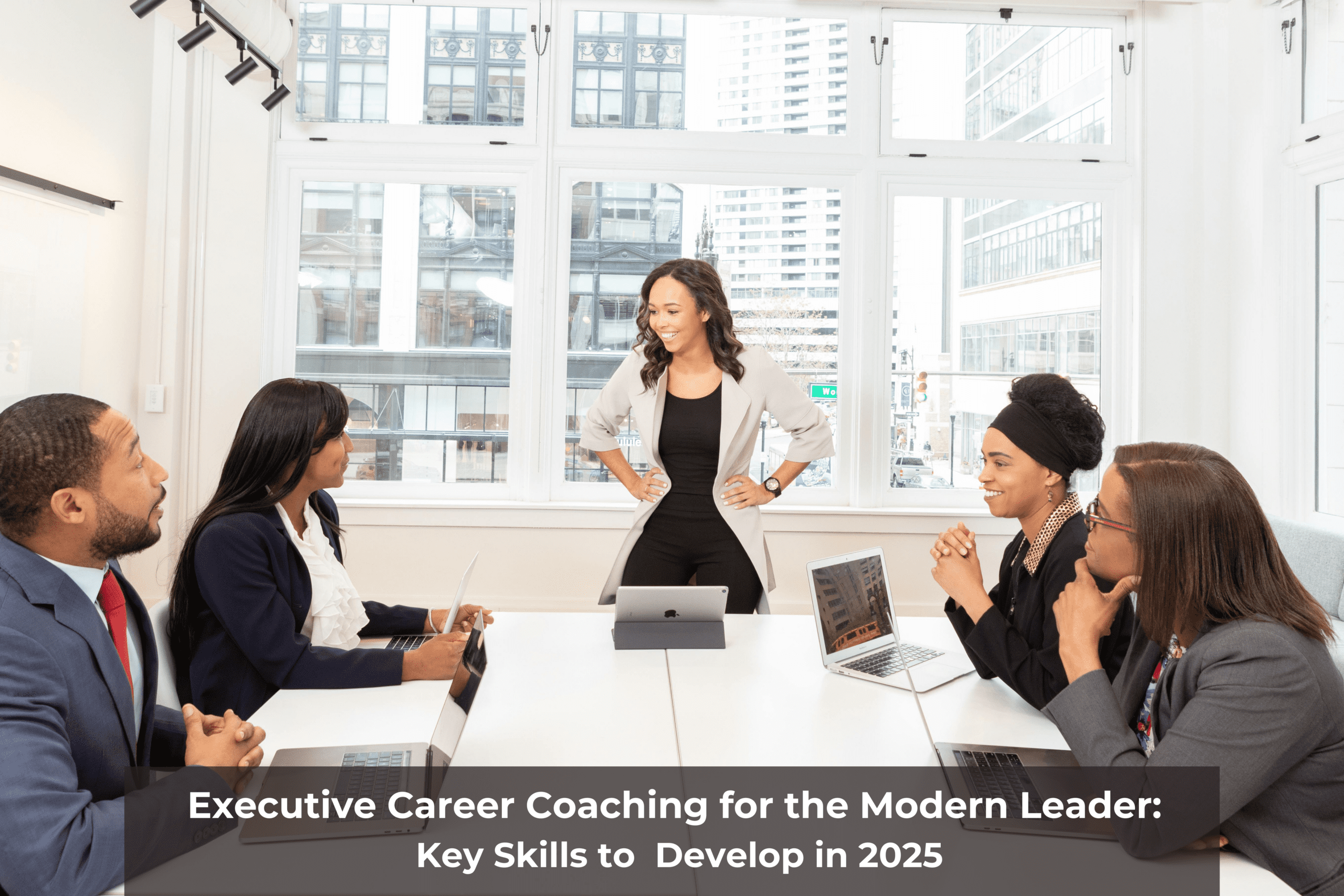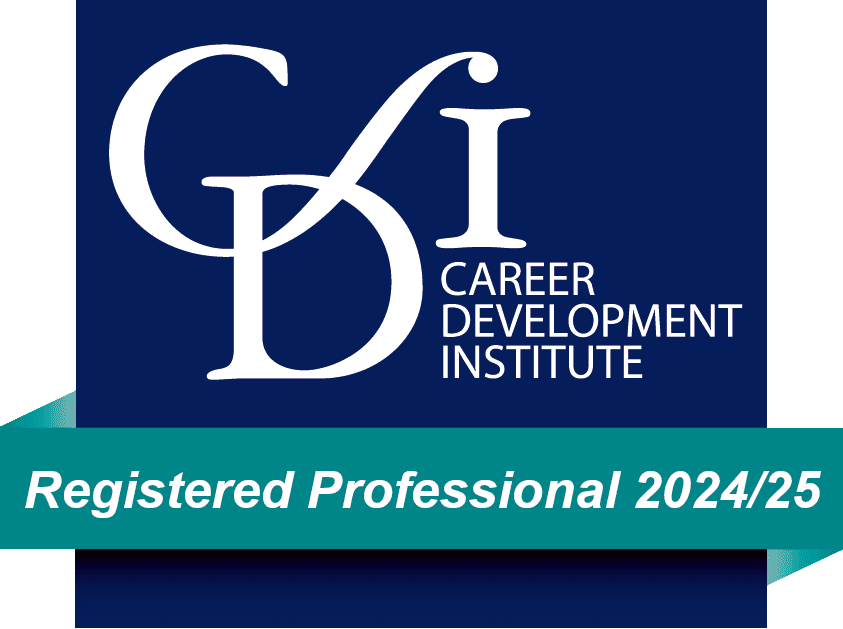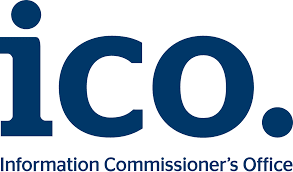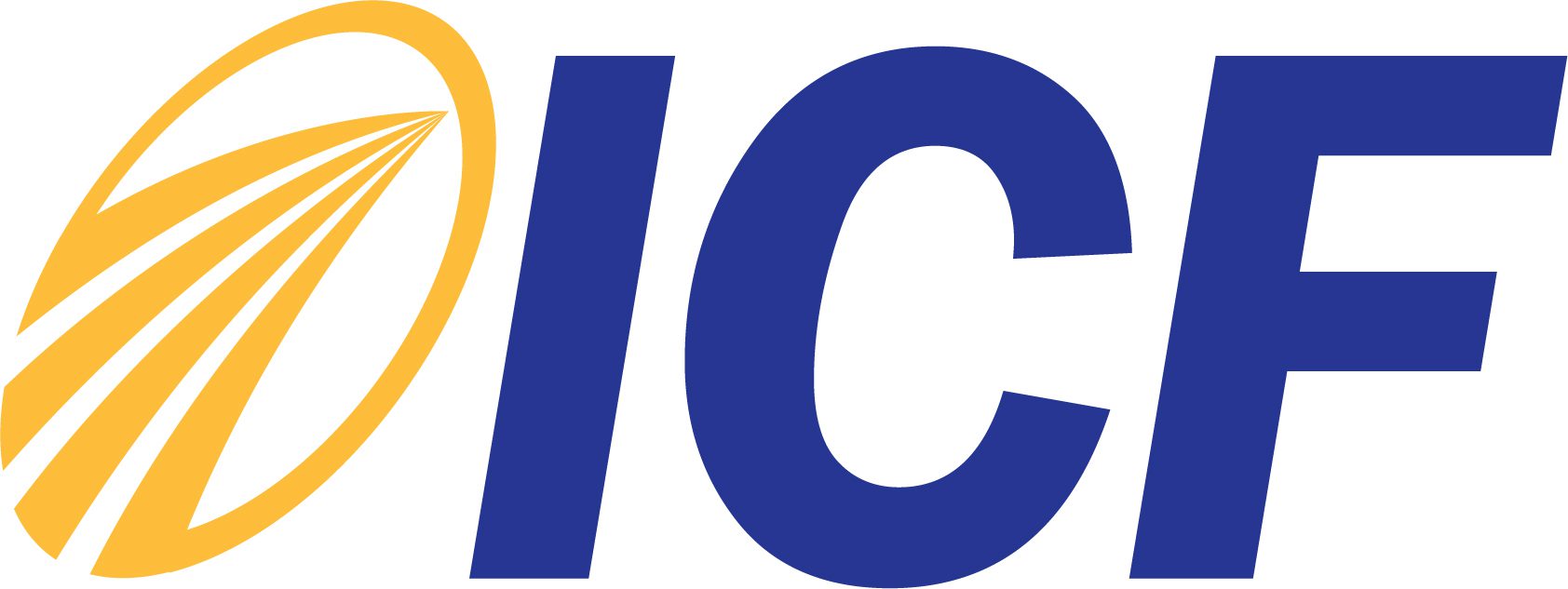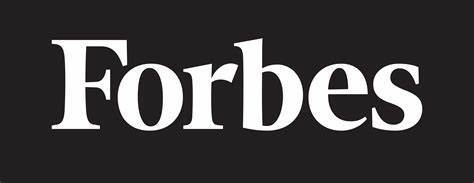Hands up – if you have ever walked into an interview with zero preparation behind you?
There’s something to say for walking into an interview ill-prepared and winging it. Some of us can pull it off, but most of us, particularly when interviewing at a senior level, can do with a spot of preparation.
The idea is to prepare enough to feel comfortable in the interview (still with a few nerves thrown in for good measure), but not so much where responses may appear rehearsed and automated. Prep is vital, but coming across as your authentic self is equally as significant. Practice the art of storytelling. Strike a balance in your delivery.
Consider This
Consider this. What do employers look for in a C-level candidate, generally? Then, drill down; what does your prospective new company look for in an executive leader? Start there.
Further, prepare for the following:
- Find out who will conduct the interview. Research these individuals. Knowing who sits across the table from you will aid conversation.
- Equally, research the company and business itself.
- An interview is a two-way interaction. Prepare questions and don’t leave the meeting without asking a few open-ended questions to prompt good conversation.
- Set yourself a mock interview, practice ‘out loud’.
- There is little doubt that at C-level, you will be asked to discuss previous achievements. Therefore, consider quantifiable results. Speak monetary terms, percentages, numbers. For example, ‘the project was worth 10 million dollars; I achieved a 95% success rate; I mentored two exco members’.
- Be personable; let them ‘see you’, not just your interviewers but also others you will meet during your visit to their office or meeting place. It is not just the interviewer who judges your suitability for the job and company culture; often, interviewers will ask the opinion of others, such as the company receptionist whom you greeted at the door.
STAR or PAR?
When answering open-ended interview questions, particularly where using examples, consider the STAR method. STAR stands for Situation, Task, Action, Result.
These refer to:
- The situation you found yourself in
- The task that required doing
- The action you took to see to the task
- The result, the outcome of the above
Another interview technique to apply is the PAR technique. Consider it when speaking of a problem you helped resolve. PAR stands for Problem, Action, Result.
Therefore:
- Name what the problem was
- What action did you take to help solve the issue
- What was the result, the outcome of the action taken
The Last Three Things
Lastly, three added tips, for any interview, not only the executive:
- Salary-talk should not come up in the first interview.
- But, prepare for it anyway, so that you are not caught off-guard should it come up.
- But, don’t initiate money-talk yourself at this initial-round meet.
- What to wear? This depends on the industry and company culture. As a rule of thumb, dress for success, nothing over-the-top, but something similar to what you would wear to work on a day you need to dress for an important meeting.
- Leave asking what the next steps are. And should you get asked for a second or third interview, refer back to information given or discussed in the first interview. It shows you paid attention. Make it relevant though.
What’s next you? You nailing that interview! Good luck.
If you need help with preparation for your up-and-coming executive job interview, we’re here to help. Book a complimentary chat today.



